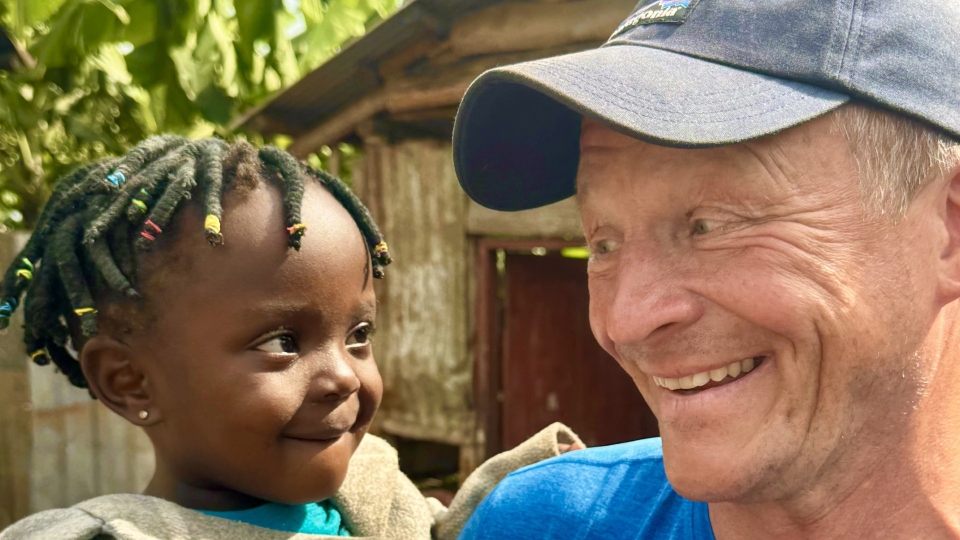- Details
- East Africa
- 478
Steve Hill pictured during his latest action-packed trip to Uganda
Shaw Deputy Headteacher Steve Hill has returned from his latest inspiring and action-packed trip to Uganda, where he completed the Uganda Marathon for the seventh time and played a key role in helping several transformative community projects.
The Uganda Marathon, held annually in the town of Masaka, is known not only for its physically demanding course, but for its deep roots in community development.
Participating in this extraordinary event for the seventh consecutive time, Steve continues to embody a commitment to endurance, service, and global citizenship.
Speaking about the experience, he said: "Running the marathon is always an incredible challenge, but the real reward is the time spent with local communities and seeing the difference the charitable support makes first-hand."
A key focus of the trip was visiting the many projects that Team Hill Charitable Trust supports throughout the region.

Much of the visit was dedicated to supporting local schools and education initiatives - from building a chicken coop, undertaking building work, painting classrooms, helping to organise a sports day and engaging directly with hundreds of pupils and teachers, the Deputy Headteacher took an active and heartfelt approach to every opportunity.
"Education is a powerful force for change, and it’s been incredibly moving to see how Team Hill’s ongoing support is helping schools thrive despite significant challenges," Steve added.
With each trip to Uganda, Steve’s relationship with the community deepens - something his is very keen to share with pupils and staff back at St Joseph’s Primary School in Shaw
As he reflected on this latest journey, Steve is already looking ahead.
He added: "It’s humbling to be welcomed back year after year.
"Uganda feels like a second home and I’m already planning the next adventure.
"There’s still so much to do and it’s a privilege to be part of something so meaningful." By Oldham Evening Chronicles






